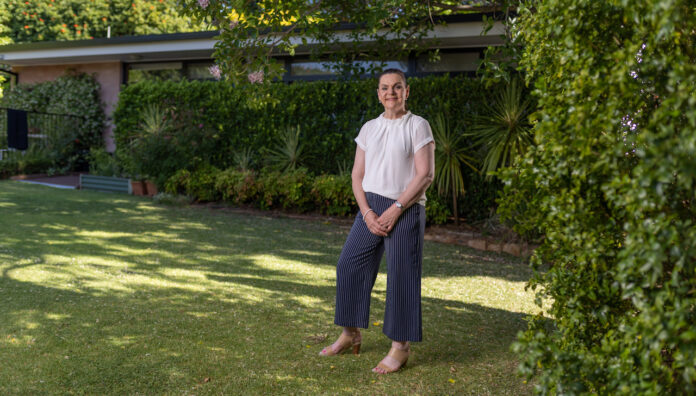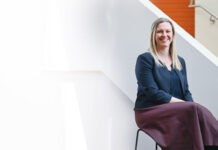Dr Manya Angley FPS, 2021’s SA/NT Pharmacist of the Year and AACP MIMS Consultant Pharmacist of the Year, is Australia’s leading expert on disability cohort medicines and will speak at PSA22.
How did your childhood affect your adult life?
Growing up on a remote farm between Wilcannia and Bourke, NSW, I attended boarding schools in Ivanhoe, Cobar and later Adelaide, because there was no school for 100 miles. One of my jobs while waiting to be taken home on a Friday afternoon by the mailman, was to collect all the locals’ pharmacy supplies. They were never ready, so while inspecting all the shelves, reading the packets and studying the vitamins and remedies, I would eavesdrop on the pharmacist’s conversations. I loved the clinical environment, and that’s what sparked my interest. My mother, a registered nurse who ran the Royal Flying Doctor clinic and was first-on-scene at accidents near the farm, was also a strong advocate for better health and education for people with disability in the bush, particularly focusing on children with additional needs, as my younger sister had Down syndrome. So I had a caring role (with my sister) from the get-go and, with Mum’s work, it’s in my DNA to integrate, draw on your experiences and give back to the community.
How did the first 20 years of your career inform trajectories since?
I spent the first decade as a teaching academic, obtained my PhD and had three children. My PhD was lab-based and later my research steered toward expanding pharmacy models of practice. After my middle child was diagnosed with autism, a condition of unknown aetiology and prognosis, I spent a lot of spare time researching causes and management. I was well positioned to identify knowledge gaps and research opportunities, plus I had tapped into local disability and support networks. A passion to make a difference attracted interest from colleagues, thus the interdisciplinary Autism Research Group formed within the Sansom Institute for Health Research at the University of South Australia.
What is your favourite branch of pharmacy among your specialties?
Hospital, general practice, aged care, disability – I love them all in different ways and am passionate about exploring how consultant pharmacists can improve medicine safety in all these areas, especially for the very vulnerable at transitions of care.
What are your important medicine safety messages for PSA22?
The disability royal commission has shone a light on the disparity in health outcomes for people with disability. This cohort experiences high rates of physical and mental health problems, while access to appropriate healthcare is often poor. They have lower life expectancy, dying 27 years earlier than people without disability, and a relatively high rate of potentially avoidable death and hospital admissions.
It’s time for pharmacists to step up and claim their rightful role as medicines experts in this area of healthcare and make a big difference. Problematic use of psychotropics in people with intellectual disability concerns both the health and disability sectors, hence requires interdisciplinary collaboration to address it. Pharmacists can be a conduit between the sectors.
Would you do anything differently with your current knowledge and the profession’s evolution?
If I’d been more strategic with my career, no doubt I would have achieved more in terms of position and/or financial rewards. However, I have always been driven by my interests and circumstances and am grateful for the flexibility pharmacy has offered me. The fact that I‘ve changed tack at times has provided me with valuable opportunities and experiences. I’ve gained a unique understanding of the interplay between the various pharmacy sectors. I feel privileged to have played my part in the evolution of the profession and the journey has provided other rewards. I resigned from the University of South Australia in 2010 and started a private research and consulting business and became accredited at the same time. I also work as a contracted researcher. So I don’t switch off, just change gears and keep aiming for the horizon, which is very satisfying and doesn’t feel like work!


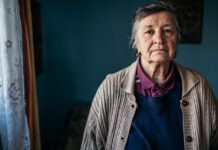
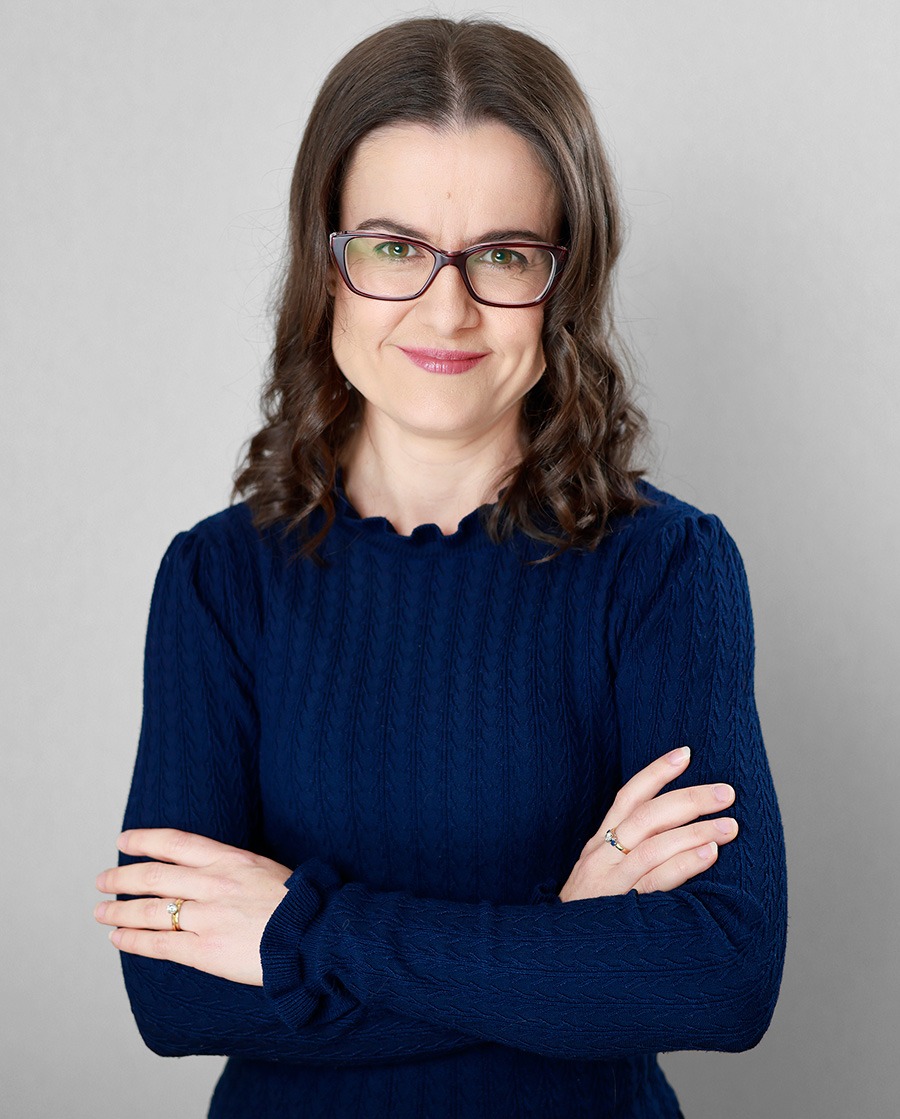 Kelly Abbott MPS[/caption]
Kelly Abbott MPS[/caption]
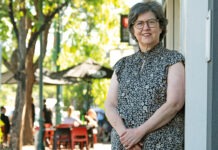

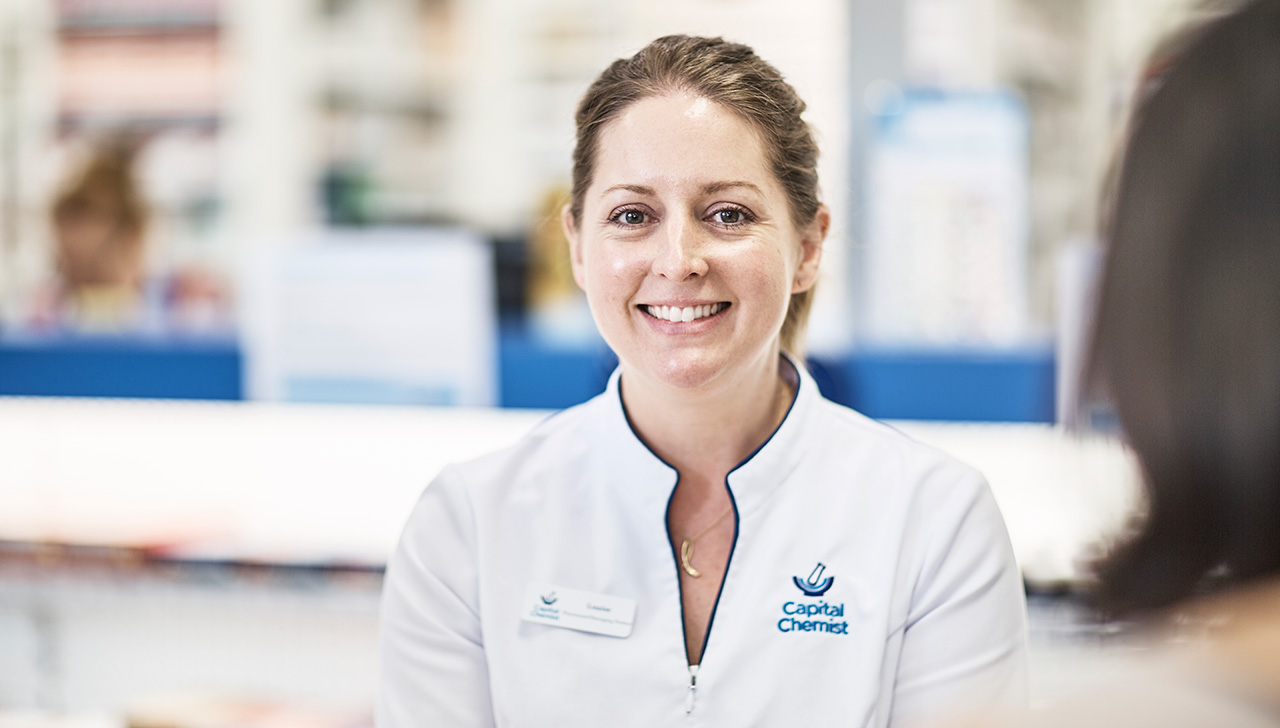 Owner of Canberra's Capital Chemist Southlands Louise McLean MPS.[/caption]
Owner of Canberra's Capital Chemist Southlands Louise McLean MPS.[/caption]

 Supplied by CSL Seqirus[/caption]
Supplied by CSL Seqirus[/caption]

